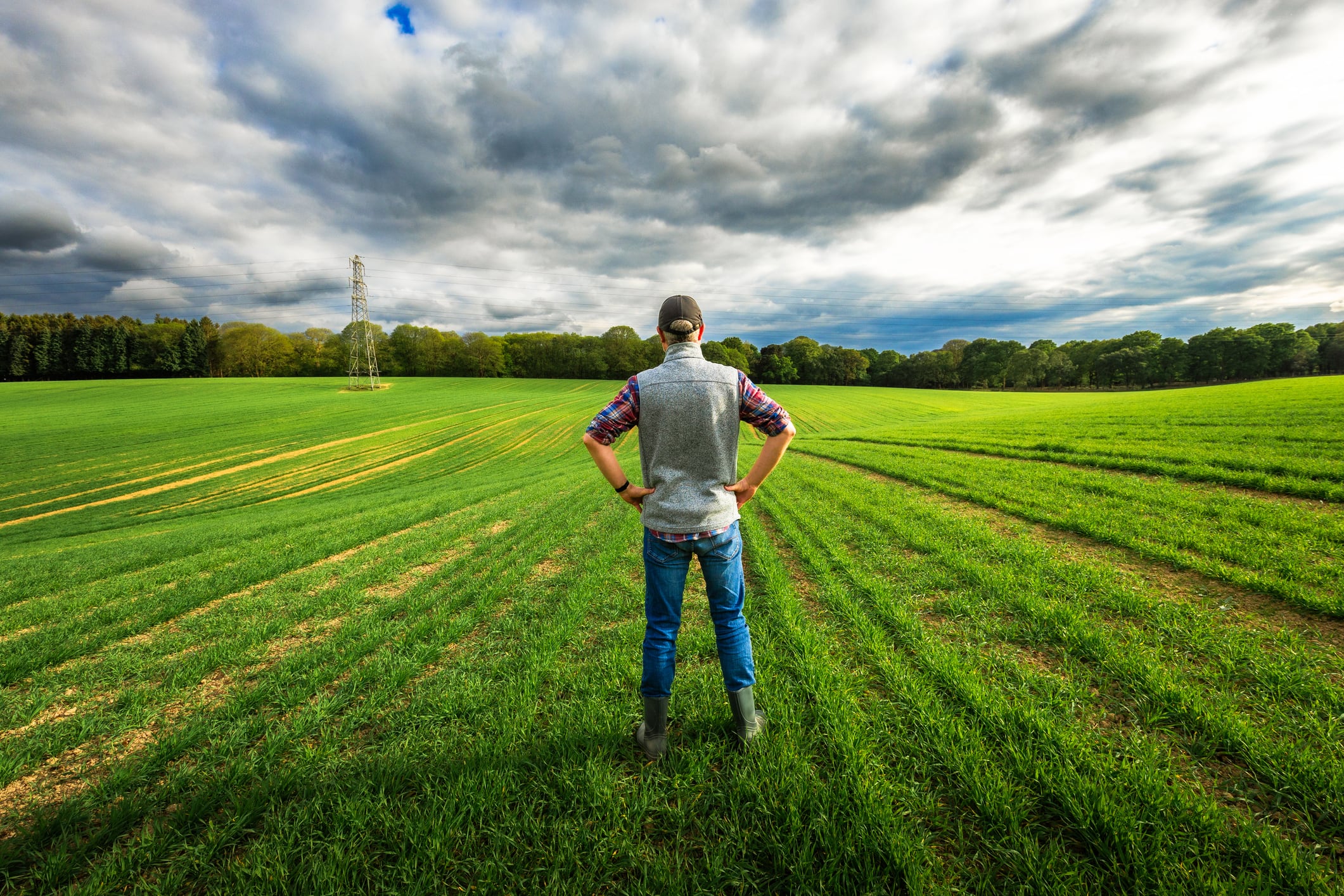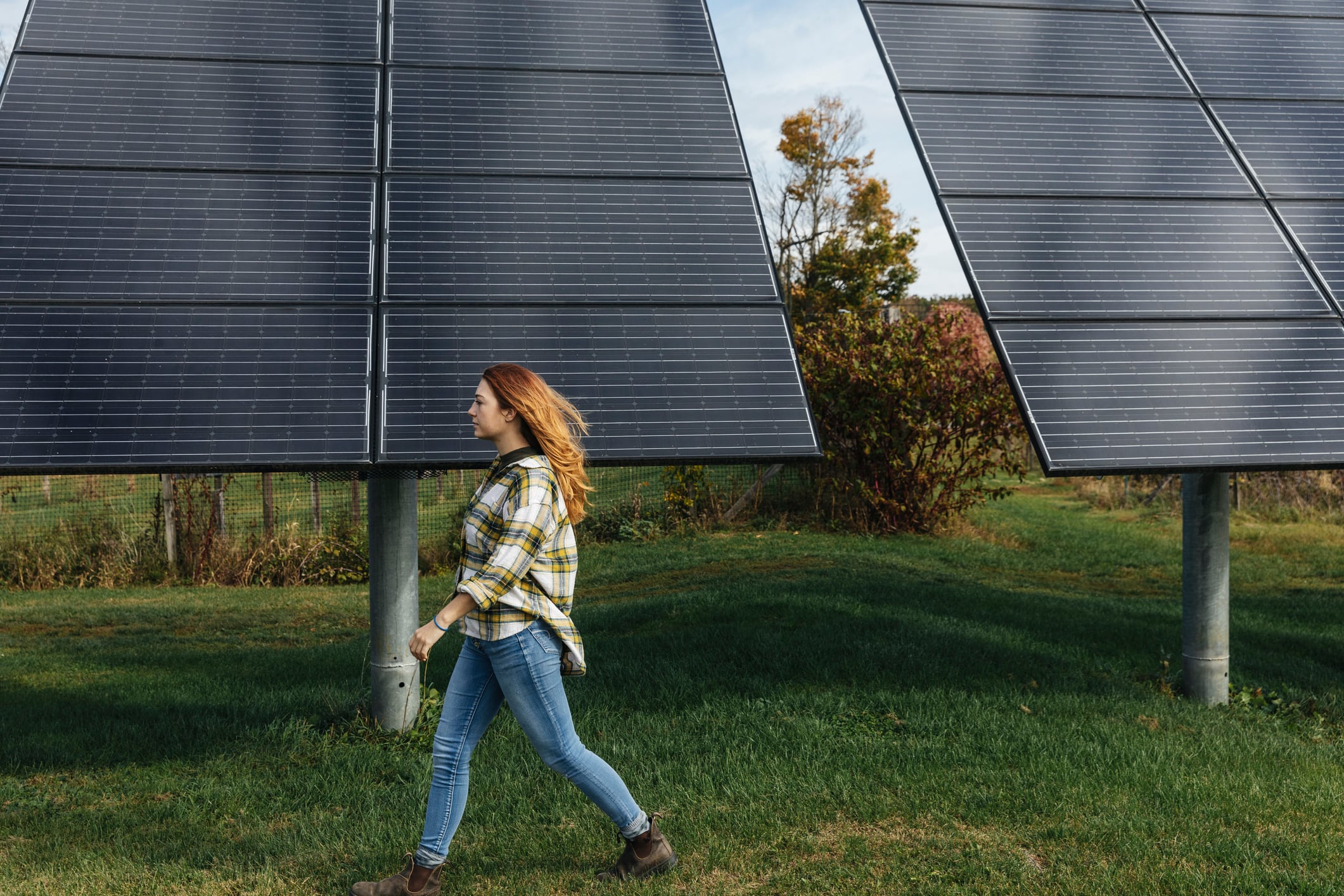Speaking to AgTechNavigator about the EU Commission’s roadmap for agriculture and food, published earlier this year, he described how the farming and food supply chain is under increasing scrutiny to accelerate the shift toward more sustainable production.
“On one hand, yes, we all feel the weight of expectations - sometimes unfairly - because society has strong views about what we should be doing. Yet, often, those expectations aren’t matched by financial support or practical solutions. Especially here in the Netherlands, working in the industry can feel discouraging at times, as we struggle to bridge the gap between what consumers demand and what society aims to achieve.
“However, I like to focus on the industry’s responsibility. I believe we owe it to farmers and to ourselves to show leadership.”
Too often industry defaults to blame - blaming consumers, supermarkets, or regulators, he remarked.
“But we need to shift our perspective. Instead of feeling burdened, we should embrace a proactive and positive outlook - for our farmers and for ourselves. That means taking full responsibility for the impact we can make, especially in areas like environmental sustainability, animal welfare, and social equity. It’s about leading with purpose and showing that the industry can be a force for good.
“If we don’t take the initiative ourselves, we risk getting nowhere. Ultimately, the government will step in and impose solutions, simply because they don’t see enough progress or leadership coming from within the industry.”
Dick Hordijk is participating in the opening plenary at the Animal AgTech Innovation Summit in Amsterdam on Thursday, October 16: Europe’s Agri-Food Vision: Opportunities and Gaps for Animal Agtech. Also contributing their expertise to that session are Ricard Ramon, Head of Unit, Policy Perspectives, EU Commission, DG Agri, Anton van den Brink, Deputy Secretary General, EU Feed Manufacturers’ Federation (FEFAC), and Tjarda Klimp, CEO of the Vion Food Group. Randy Jagt, Future Food and Strategy Partner at Deloitte, will facilitate the discussion.
Are EU farmers under threat?
Farmers’ ability to adopt newer sustainable practices will be hit by changes to the EU farm budget, groups have warned.
Higher welfare and sustainability initiatives
The genetics company lead also stressed the need for greater collaboration between actors in the farming and food production sectors.
“Across Europe, we see examples where collaboration works. Spain, for example, has integrated food chains that deliver higher welfare and sustainability standards while capturing added value. If we can organize supply chains better - genetics, feed, farmers, processors, retailers - we can create products that consumers trust and are willing to pay for.”
It’s not about boiling the ocean; it’s about starting locally, proving it works, and scaling from there, he continued.
Financing the transition to more sustainable animal protein production is a real question. Farmers can’t carry it alone. Consumers, retailers, and governments all have a role. “But again, instead of getting stuck in that question, let’s show concrete projects where added value flows back through the chain.”
Funding package
The European Investment Bank (EIB) signed partnerships with Rabobank and DLL to provide €1 billion in loans targeting SMEs and mid-caps focused on sustainability and agriculture
Agreeing a collective way forward
Asked what he expects of the Commission, Hordijk said policymakers need to help the industry create a shared plan, a clear horizon for 2030 and 2040 with measurable goals that inspire and guide action.
“I would ask policymakers: what more can you do to help us build a shared, long-term plan? Unlike sectors like energy - where clear climate goals drive investment in sustainable solutions - our industry lacks a unifying vision. Without that ‘dot on the horizon,’ we risk fragmentation and short-term fixes instead of coordinated, lasting change.”
In the absence of that shared vision, with clear, inspiring objectives that are also practical, and trackable, he believes the farming and food sectors will end up where they are today: with farmers feeling disillusioned, some even considering leaving the sector, and retailers lacking the motivation to truly invest in the sustainable transformation of their supply chains.
In countries like Norway or Switzerland, where markets are organized and expectations are clear, the pace of innovation accelerates, he noted.
“A few years ago in the Netherlands, we were close to achieving collective action. We had a diverse group at the table - farmers, government representatives, and industry leaders - and we were on the verge of agreeing on a path forward. It would have required some government funding, yes, but more importantly, it required trust. And unfortunately, that trust wasn’t strong enough, and the effort fell apart.
“Still, that experience showed me it’s possible.”




